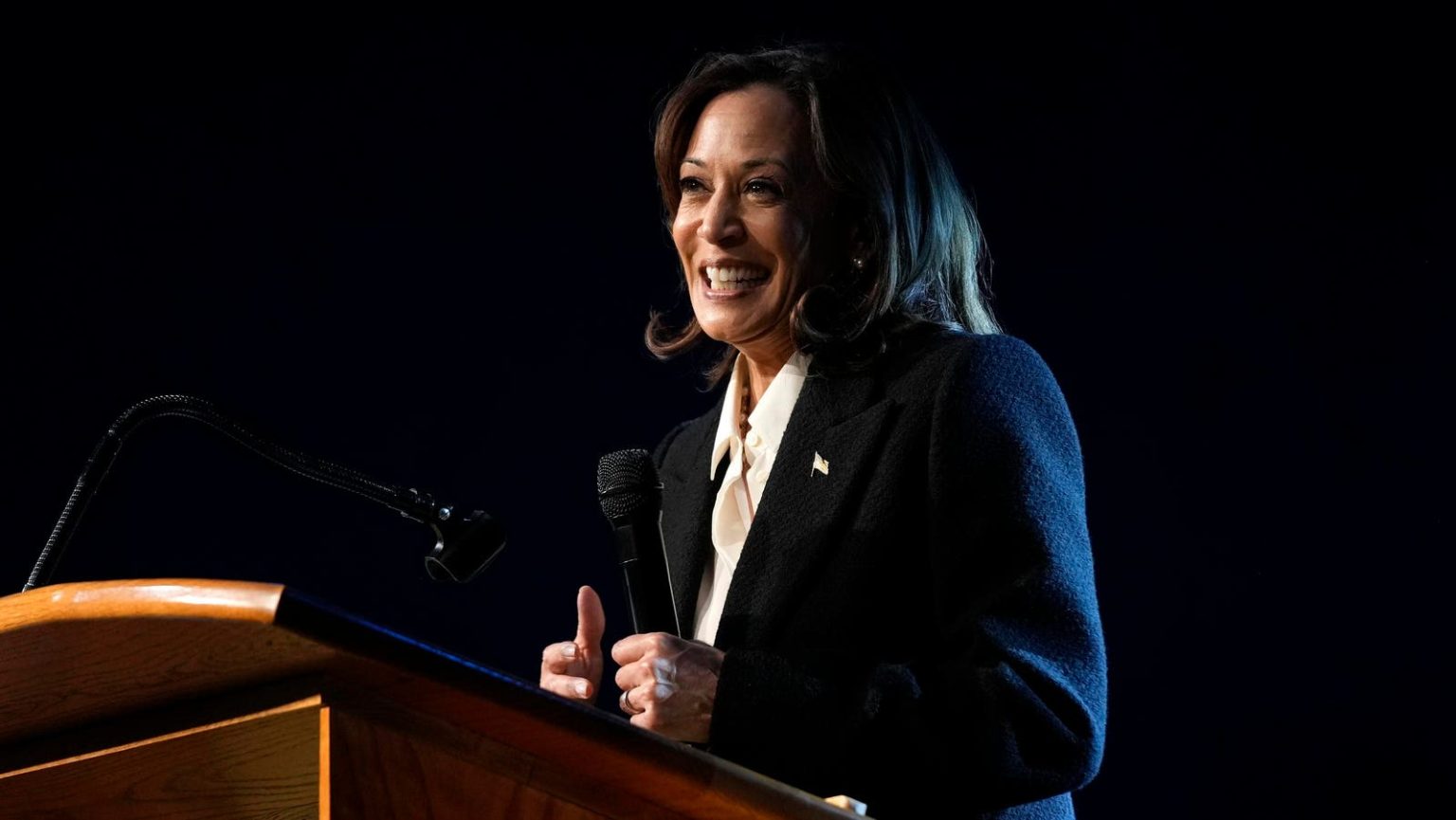Vice President Kamala Harris unveiled new economic proposals targeted at Black men as part of her existing economic plans focused on the middle class. Her “Opportunity Agenda” for Black men includes providing forgivable $20,000 loans to Black entrepreneurs, creating a regulatory framework for cryptocurrency, and investing in education and employment opportunities. Harris also reiterated a $50,000 tax deduction for new small businesses and proposed policies to lower grocery and prescription drug prices, tackle the housing crisis, and expand tax credits for families and workers.
Harris’s plan includes measures to address the high cost of groceries by advocating for a national ban on price gouging and investigating price-fixing in meat supply chains. She also aims to ease housing costs by providing down payment assistance for first-time homebuyers and creating three million new housing units. Additionally, Harris proposed a tax credit for rental housing developers and measures to lower prescription drug prices, including capping out-of-pocket expenses and negotiating drug prices through Medicare.
On the healthcare front, Harris plans to cancel medical debt and expand subsidies for Affordable Care Act plans. She also supports expanding the Earned Income Tax Credit for lower-income workers and has pledged not to raise taxes on households earning less than $400,000 annually. Harris has endorsed eliminating taxes on tips for hospitality workers and has proposed policies to support paid leave, although specific details have not been released. She also supports raising the minimum wage but has not specified the amount.
Harris aims to maintain the Federal Reserve’s independence and believes that Congress will support her economic agenda, despite concerns about the increase in the federal deficit. Her economic plan is estimated to increase the deficit by $3.5 trillion through 2035, lower than the estimated deficit under Donald Trump’s plan. Harris’s policies align closely with President Biden’s economic platform, with a focus on providing support for the middle class and implementing measures to address economic challenges.
While Harris’s proposals have faced criticism for lacking detailed specifics, she has emphasized a “strategic vagueness” in her economic agenda to avoid attacks and appeal to a broader audience. Contrasting with Trump’s economic agenda, Harris opposes raising tariffs on imported goods and supports initiatives to lower prescription drug prices and address housing affordability. Recent polls indicate that voters are increasingly trusting Harris to handle the economy, although Trump still maintains a slight lead in some polls.
Harris’s focus on economic issues comes as the economy remains a top concern for voters, with inflation at its lowest point in three years. Her proposals aim to address economic challenges facing Black men, small businesses, and middle-class families while also advocating for fair and equitable economic policies. As the presumptive Democratic presidential nominee, Harris is positioning herself as a champion for economic reform and a candidate who prioritizes the needs of all Americans in her policy agenda.


